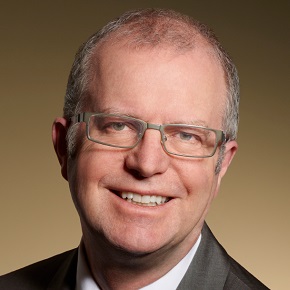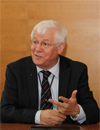 |
||
|
Russia and China Call for Compromise on Iran Nuclear Issue RIA Novosti, PUBLISHED 21.05.2014 Russia and China urge all sides, involved in resolving Iran nuclear issue, to continue searching for compromises, it is said in a joint statement on the new stage of full partnership and strategic cooperation signed during the bilateral talks between the two countries. The document underlined that Moscow and Beijing “call on all sides, participating in the process, to continue to look for compromises and refrain from actions that could have negative impact on the course of the talks on sweeping agreement.” In November 2013, Iran and the P5+1 group agreed in Geneva on the temporary limiting of Iran’s nuclear program in exchange for a partial halt of US and EU sanctions against Iran. A complete agreement guaranteeing the lack of a military component to Iran’s nuclear program is scheduled to be developed by July 20. Other news: Hungary Enacts Law to Expand Nuclear Power With Russian Aid Hungary’s president has signed a bill into law to expand a nuclear power plant in the country with Russian assistance. Hungary Lawmakers OK Russia Nuclear Plant Deal Russia will provide Hungary a loan of up to 10 billion euros ($13.5 billion) - around 80 percent of construction costs. Russia to Lend Hungary $13.7Bln for Nuclear Plant The deal was announced during a state visit to Moscow by Hungarian Prime Minister Viktor Orban and was hailed by Russian President Vladimir Putin. |
Hero of the day 
We are currently working with the Nuclear Decommissioning Authority (NDA) on this approach, which was submitted in response to their February 2012 call for alternative proposals. We appreciate that the UK is in the early stages of their policy development activities and are pleased to be involved in such important work. INTERVIEW
Yanko Yanev OPINION
Joint Plan of Action |

